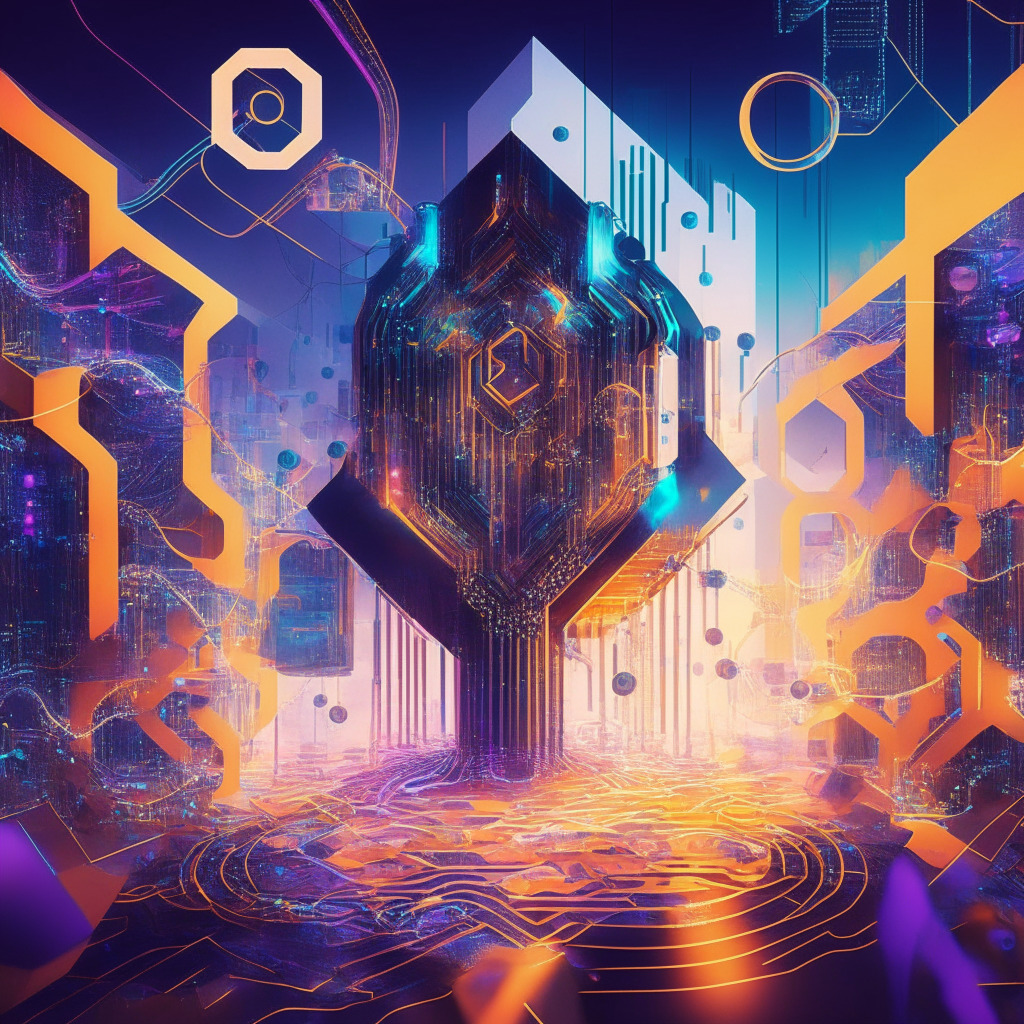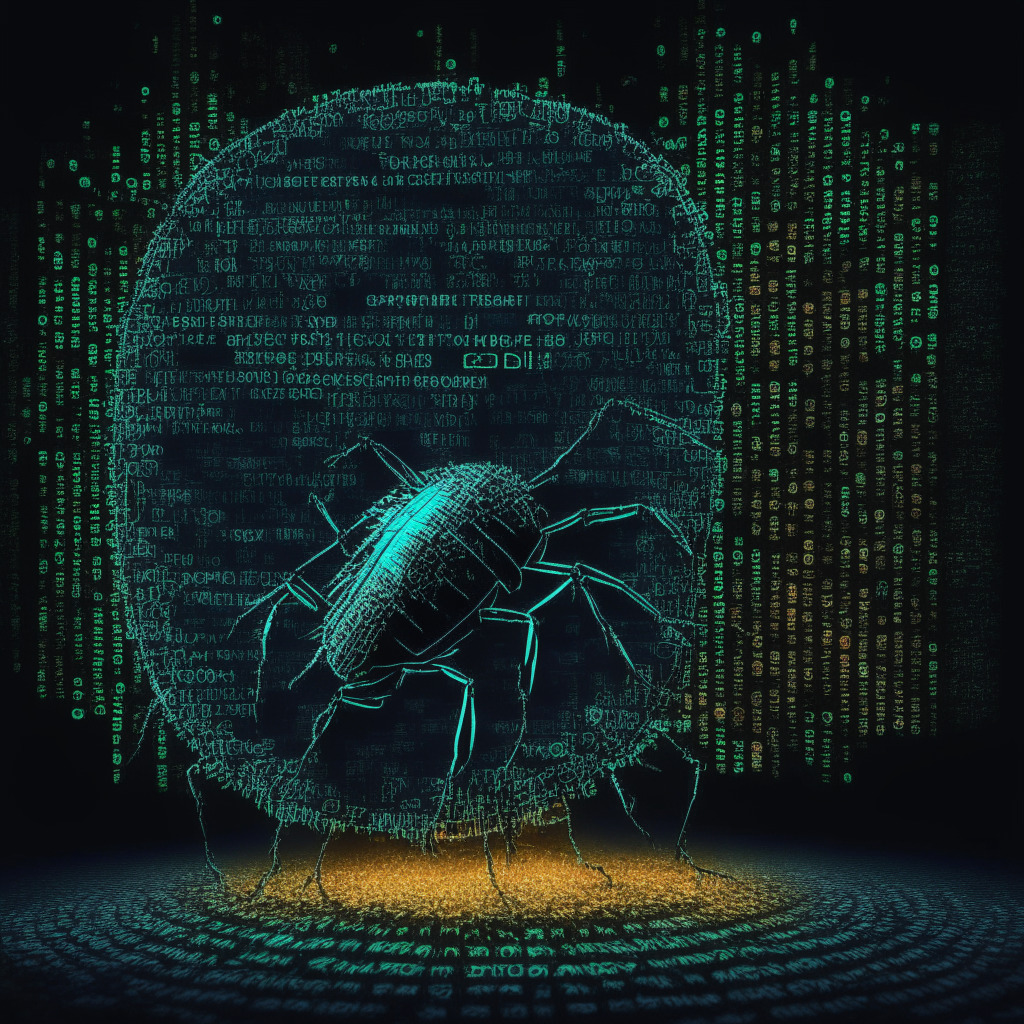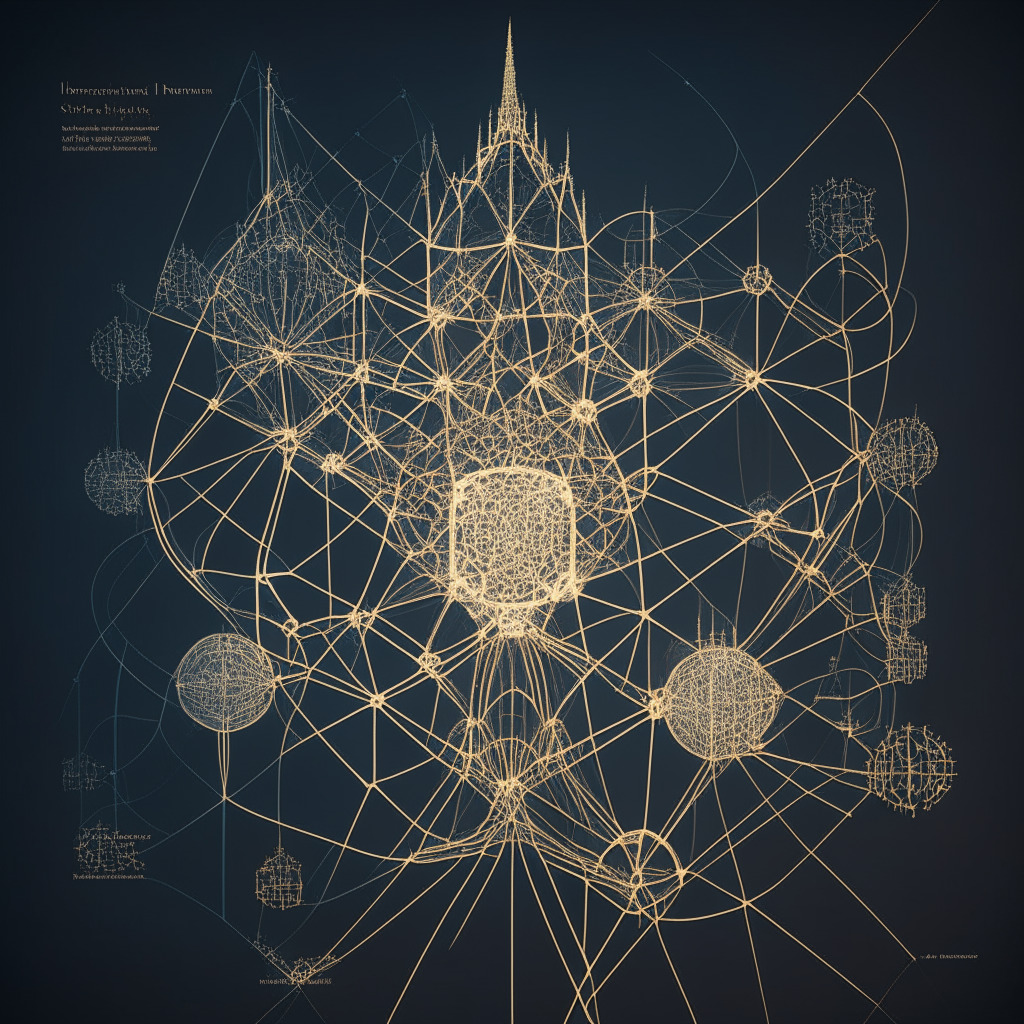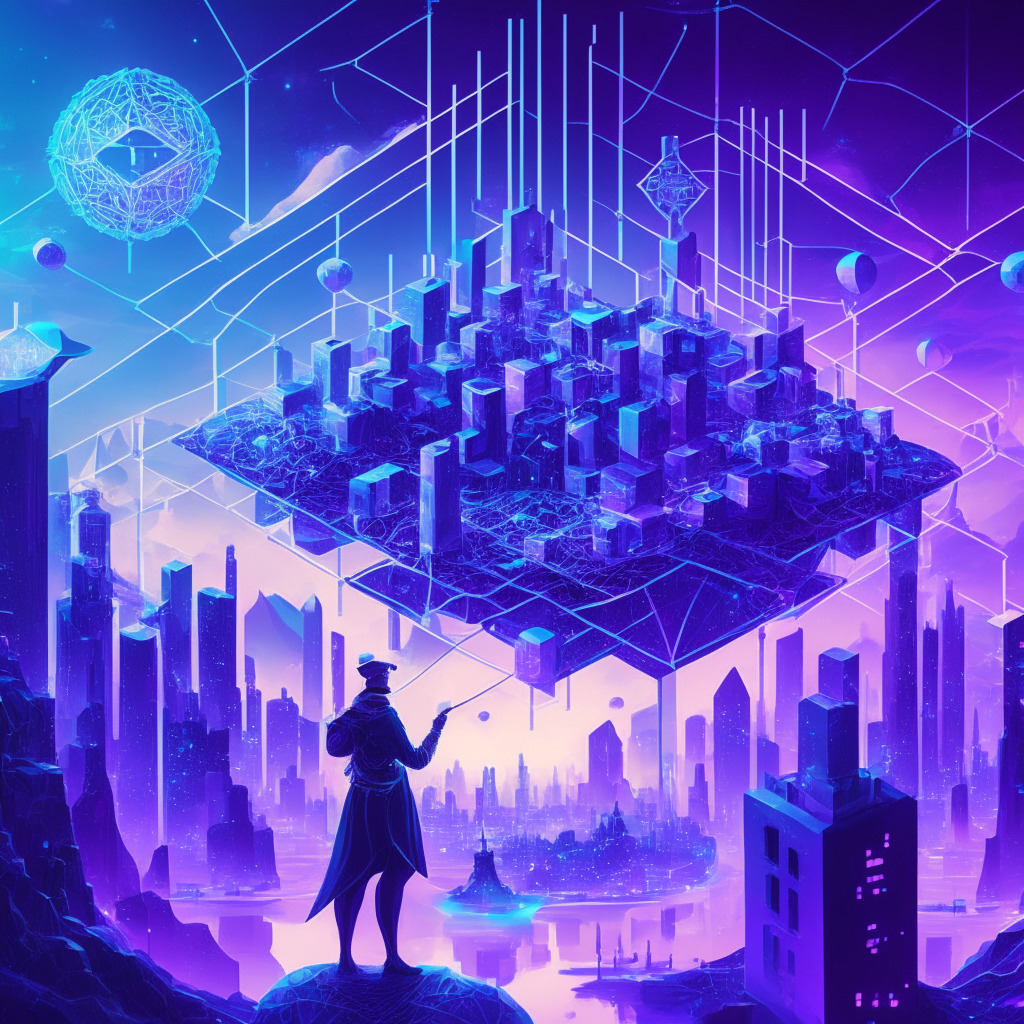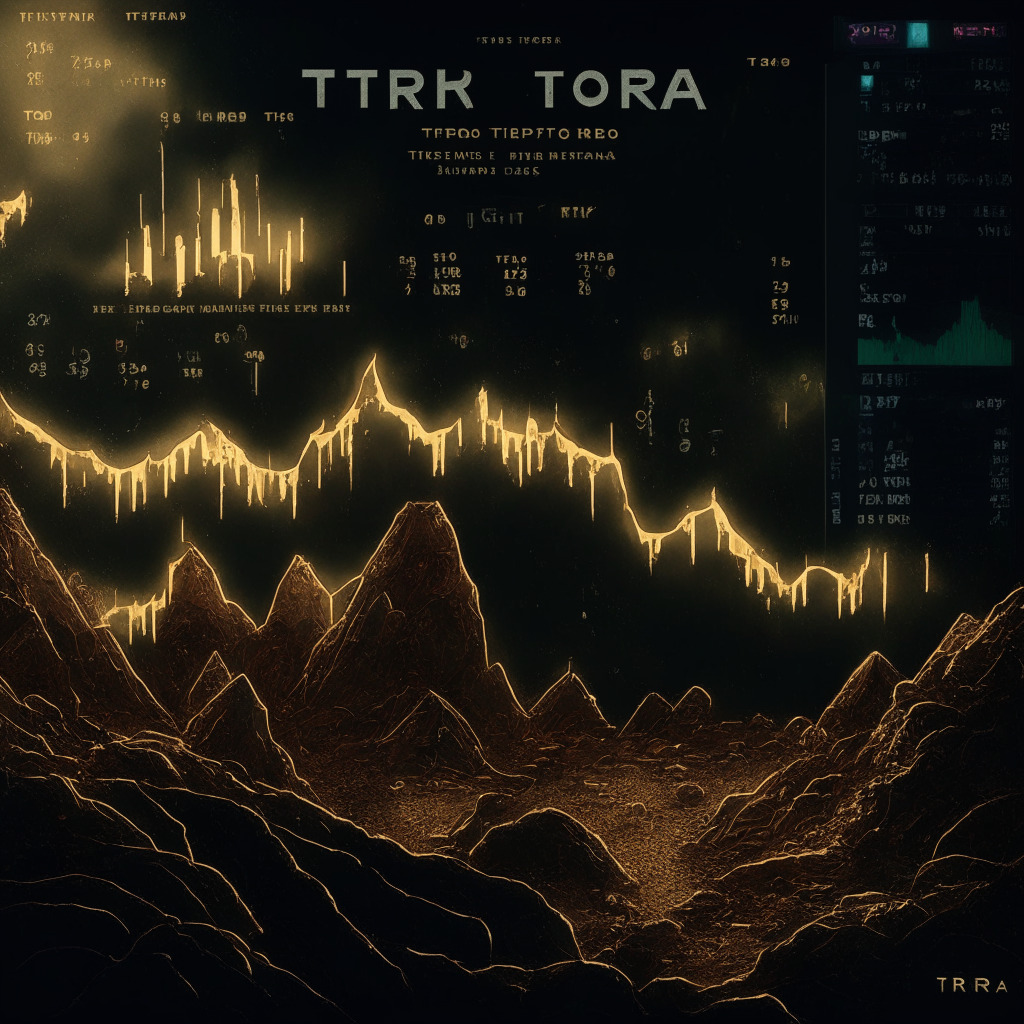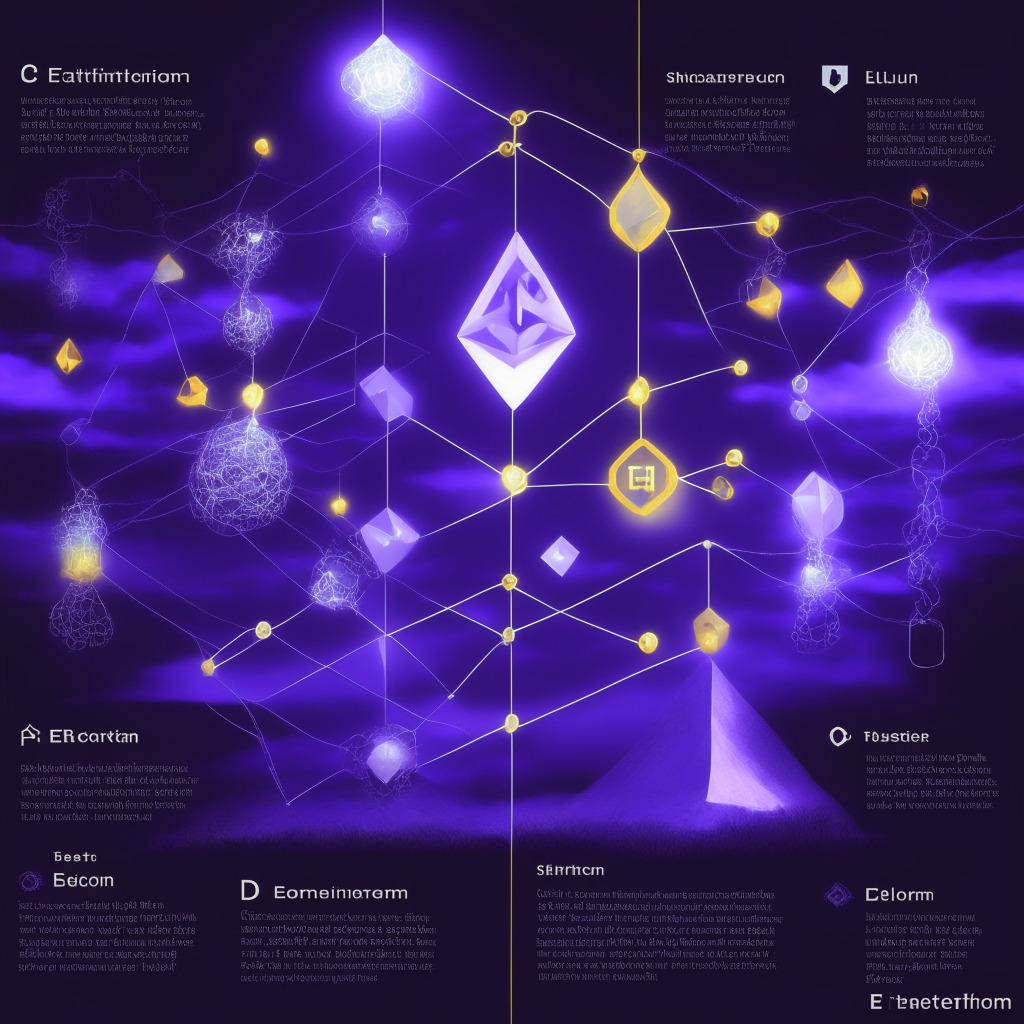BNB Chain unveils opBNB testnet, an EVM-compatible blockchain with a target of 4,000 transactions per second and 0.005 U.S. cents per transaction. OpBNB aims to alleviate network congestion, reduce transaction costs, and improve scalability, offering a promising solution for efficient blockchain technology.
Search Results for: Super Testnet
Uncovering the Bitcoin Ordinals Bug: Impact on NFTs and Transactions in Blockchain
Super Testnet, a software developer, discovered a bug in the Bitcoin Ordinals program that could affect inscriptions. Testing focuses on opposing inscription activities and design elaboration in the Bitcoin realm. The bug emerged amid a record 3 million Ordinals inscriptions and BRC-20 token standard launch, sparking extensive meme token creation and digital artwork collection on the Bitcoin blockchain.
Immutable’s Blockchain Gaming Revolution: Promise of Golden Age or Expectations Trap?
Immutable is set to launch its Ethereum-based gaming platform, Immutable zkEVM, aiming to enhance the revenue model, player experience, and developer journey in the gaming world. With over 50 games committed to it, the platform is also planning technical upgrades to ensure better compatibility with Ethereum, aiming to foster a harmonious operational relationship between the two platforms.
Unraveling the Paradox of Increased Decentralization: The Optimism Network’s Stride and Binance’s Unexpected Move
The Optimism network has launched its testnet version of a fault-proof system aimed at increasing the efficiency and decentralization of the Superchain. Typically reliant on centralized sequencers, the new system offers modular options to prevent fraud. However, co-founder of Ethereum, Vitalik Buterin, asserts the importance of user-submitted fraud proofs to maintain true decentralization.
A Fresh Hope: The Resurgence of Holesky Test Network and Ethereum’s Future Prospects
The resounding success of Ethereum’s second attempt to establish the Holesky test network addresses scalability concerns. Holesky accommodates 1.4 million validators, twice as many as Ethereum. It is predicted to contribute significantly in introducing the Dencun hardfork and further outpace Ethereum’s competitors.
Decentralisation Steps Up: Matter Labs Cedes zkSync Control to DappRadar – Will the Gamble Pay Off?
“Matter Labs, in a key move towards decentralisation, has launched a new zkSync ecosystem portal. Partnering with DappRadar, Matter Labs seeks to refocus on the development of the zkSync technology. Amid challenges, this bold shift could potentially revolutionise Ethereum and blockchain technology.”
Exploring Immutable’s zkEVM: A Game Changer for Web3 Gaming or a High Risk Load?
Immutable is testing its new blockchain technology layer, zkEVM, aiming to reduce reliance on singular network infrastructure. The zkEVM, designed to lower gas fees and boost transaction rates, seamlessly integrates with the Ethereum Virtual Machine, enabling easy transition of existing smart contracts. However, developer autonomy brings potential risks and challenges in infrastructure connectivity.
Revolutionizing Funding through OP Stack’s Public Goods Network: Innovation or Setback?
The Public Goods Network is an Optimistic layer-2 rollup of Ethereum, designed to redirect most net sequencer fees into public goods projects, rather than to token holders or developers. This model could, however, raise concerns about potential misuse of funds, lack of transparency, and biases, especially given reliance on a yet-to-be-defined new governance model.
opBNB: Binance’s Answer to Scalability Challenge or Unnecessary Complexity?
Binance’s BNB Chain introduces a new layer-2 chain, opBNB to address scalability challenges using the Optimism OP Stack. With Ethereum compatibility, opBNB aims to support over 4,000 transactions per second at lower costs, enhancing security and scalability for Ethereum-based smart contracts and networks.
Unlocking OP Tokens: Doom or Boom for Optimism’s Future amid Bedrock Upgrade and Low Liquidity
The recent unlocking of 114% of Optimism’s previous circulating supply led to a near 50% decline in its OP token’s value. Despite this, upcoming events like the Bedrock upgrade and projects like Worldcoin and Coinbase’s Base testnet building on the OP stack indicate a more optimistic outlook for the Ethereum layer-2 solution.
Analyzing LUNC Price Patterns and Implications Amid Terra Classic Token Burn
The Terra Classic coin LUNC displays a double-bottom pattern, indicating potential bullish recovery. Currently trading at $0.0000863, its price may surge 8.8% to challenge the neckline resistance of $0.000094. A successful breakout could lead to a 12% rise in market value, while overcoming downsloping trendline resistance signals a sustained recovery in Terra coin.
Ethereum’s Unexplained Interruption: How Robustness and Client Diversity Shape the Future
Ethereum’s Beacon Chain faced an unexplained 30-minute interruption recently, highlighting the need for increased client diversity and resilience in the blockchain. Despite concerns, the event also demonstrated the adaptability and robustness of the Ethereum network. Future research and interoperability can help prevent similar interruptions.
